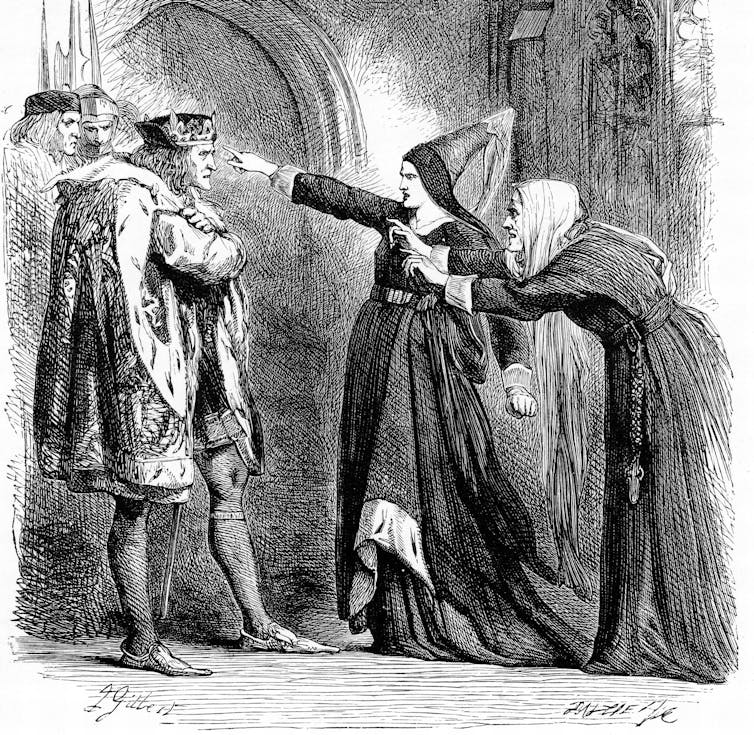This was originally posted in April, 2022, as the Russian invasion of Ukraine was getting underway. It seems just as urgent now.
After the 2016 Presidential election, I wrote a series of
blog posts, “In Troubled Times.” In them I explored my evolving feelings of disbelief,
shock, horror, despair, fury, and rising determination. “Nevertheless, She Persisted”
became our mantra. I hoped that my words provided solace and inspiration to
others, and the process of putting them down did for me.
Now we face new, often overwhelming challenges to sanity. I
find myself reacting to the news of the war in Ukraine, and yet being unable to
look away. Then my friend, Jaym Gates, wrote this on her Facebook page, posted
here with her permission.
Be really careful on social media for the next few days,
friends. A lot of footage of Russian Federation war crimes, torture, rape, and
murder just came out from Mariupol and other occupied cities. It is *horrific.*
While it needs to be seen, shared, and remembered, it is going to be extremely
traumatic to engage with.
If you're a survivor of abuse or trauma, in particular,
please be especially careful.
And send support to Ukraine if you can. What's happening
there is awful beyond words.
My daughter, a psychology student, spotted this article by
Heather Kelly in the Washington Post: How to stay up-to-date on terrible news without
burning out.
It
can be hard to look away from your phone and live your life while terrible
events are unfolding, Kelly writes. There’s an unrelenting flow of images,
videos and graphic updates out of Ukraine, filling social media, messaging apps
and news sites.
It’s
important to stay informed, engaged and even outraged. But it’s also important
to pay attention to our own limits and mental health by taking breaks, looking
for signs of burnout and consuming news in the smartest way possible.
That means
setting some ground rules for the main portal connecting us to nonstop tragedy:
our phones [or computers]. Here are some suggestions:
1.
Give yourself permission to take a break
It is okay
to hit pause on the doom and go live your life, whether that means going
outside with the kids or just losing yourself on the silly side of TikTok. It’s
necessary for everyone’s mental health.
2.
Take time for self-care
A break is
not a few minutes away from Twitter. Start with real breaks of at least 30
minutes to an hour so that your brain has time to come down from what you were
last watching or reading. Ideally, you’ll put your phone down and take a
technology break … or do some activities known to help with stress reduction, including
exercise, mindfulness and meditation, journaling, engaging in hobbies and other
activities you enjoy, spending time with family and friends, and doing
faith-based activities if you practice.
3.
Change your news habits
Disinformation
like propaganda is designed to capture your attention and elicit strong
emotions, which can contribute to any anxiety you’re already feeling. Instead,
stick with reputable sources. If you can wait, opt for deeply reported stories
at the end of the day over constant smaller updates. Avoid using social media
for news, but if you do, follow sources and people that contribute to your
understanding of an issue rather than those that just generate more outrage.
4.
View your phone in black and white
In your smartphone’s accessibility
settings there is an option to make the screen black and white instead of
color. Some studies have indicated that turning this on leads to less screen
time.
5.
Know when to ask for help
Look for signs that you are burned out
or experiencing serious anxiety. First, consider whether you’re predisposed to
reacting strongly to a particular issue. Anyone who has personally dealt
with similar trauma or war in the past might find constant vivid social media
posts about Ukraine to be triggering. [Italics mine.]
In conclusion: be kind to yourself, friends. Practice
healthy boundaries and filters, and good self-care. Ask for help, whether it’s
a friend or family member screening news for triggers, or a companion on a hike
through the redwoods. Find safe people to reach out to. I'll be writing more about our journey together.










